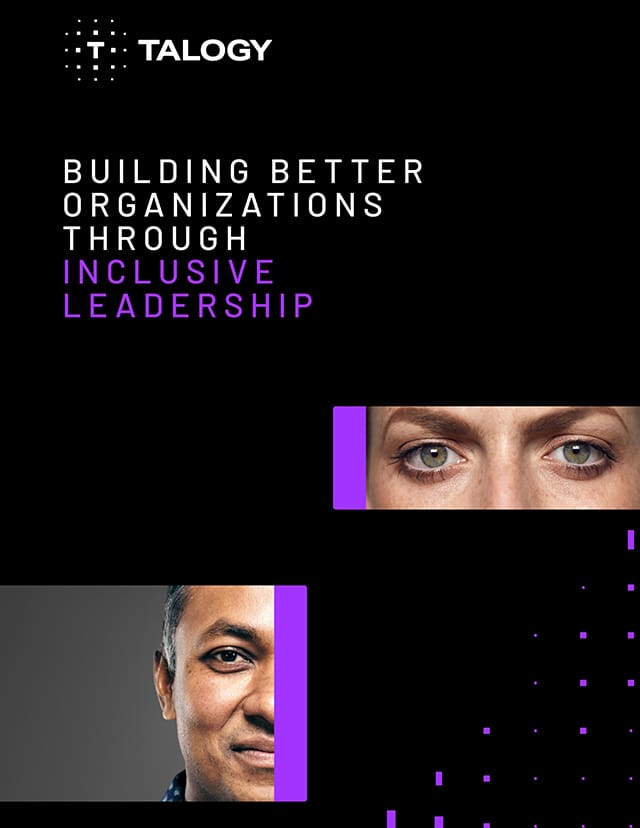Written by Jurn de Boer, Commercial Director
DEI is not a trend. It’s not a simple acronym or a box to be checked. It’s an imperative undertaking that has tangible and far-reaching impacts. And when you think about diversity, it is so much more than some of the ‘traditional’ classifications. While it of course encompasses components like national origin, race, age, and gender identity, other aspects like neurodiversity, thinking style, personality, and work arrangements (in-office, remote, or hybrid) shouldn’t be overlooked.
Benefits of DEI initiatives at work
With that being said, I’ll be the first to admit that as important of an initiative that DEI is, it is not necessarily the easiest to implement and it surely won’t just take effect overnight. You need a strategy in place in advance if you want any chance of this effectively taking hold in your organisation. The benefits of fostering an atmosphere of DEI include (but are of course not limited to):
- Increased innovation
- Increased creativity and productivity
- Improved employee engagement
- Improved retention
DEI competencies
To get to that point that you’re actually seeing results like those listed above, you need to invest the time and effort to DEI initiatives beforehand. One way to do so is to assess some critical competencies that will evaluate an individual’s capacity to behave fairly, inclusively, and respectfully. Some such competencies can include:
- Empathy
The extent to which a person understands and shows sensitivity towards others’ perspectives, views, and concerns, regardless of background and context. - Relationship building
The extent to which a person effectively builds relationships with people from a wide range of different backgrounds, establishing trust and rapport. - Learning orientation
The extent to which a person seeks to learn and develop – taking steps to build knowledge about the world around them – and is open to new experiences and information. - Open-mindedness
The extent to which a person is tolerant and non-judgemental when dealing with others and avoids assumptions and preconceptions – treating each individual and situation separately. - Composure
The extent to which a person manages their emotions in challenging times, remaining appropriately calm, composed, and in control of their responses to a situation. - Flexibility
The extent to which a person adapts their approach, style, and behaviour, identifying solutions based on the individuals they are interacting with and the specific needs of the situation.
Steps to address DEI initiatives
So, once you’ve identified these competencies as important, how do you translate that into action? Here are a few places to start:
- Assessments: This can be a great way to get a baseline for where employees are in their DEI journey and where further development can take place.
- 1:1 coaching: As in any coaching scenario, sitting down and working with an employee individually can be a great way to keep DEI top of mind and see progress being made from one session to the next.
- Workshops and webinars: Knowledge is power. More exposure to DEI topics from expert organisations and individuals will only enhance that knowledge base and understanding.
- Community forums and committees: Give employees the opportunity to come together and share their own experiences – both good and bad – around DEI in the workplace and in their personal lives. Having that safe place to discuss sensitive topics is a great way for the organisation to become an ally in the fight to address inequities.
DEI initiatives at work are everyone’s responsibility and shouldn’t fall under one particular group or senior leadership. In order to create real, lasting change, there needs to be buy-in from each employee. Additionally, a good starting point is to acknowledge our subconscious biases that may be inhibiting us from fully embracing inclusive practices in the workplace (and anywhere else).
And while it may seem overwhelming at first, it’s never too late to start. Make a plan, start with small or existing initiatives, remain consistent in your approach, and slowly but surely you will see inclusive practices take a firm hold within your organisation.


